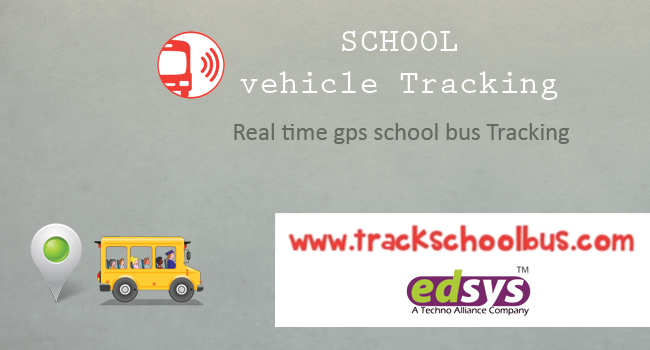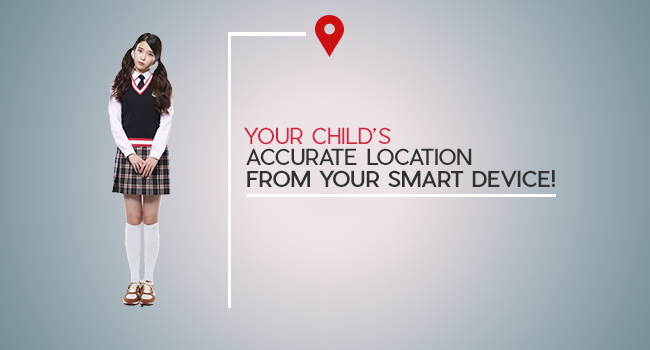It’s the responsibility of the schools to ensure that children, especially those with special needs, are transported safely to and from schools on their school buses.
In this connection, it is important that schools follow certain guidelines when transporting children that need special care.
Further, schools should employ trained staff, make arrangements aides or nurses when needed, establish an emergency evacuation plan, and implement an infection control program.
In order to protect children with disabilities, drivers need to be familiar with the characteristic behaviour of such students.
Most often, children with disabilities such as cerebral palsy, autism, deafness, blindness, hearing impairment, orthopaedic impairments, emotional disturbance, and vision impairment have to be transported.
Read Also: Guidelines for Transportation of Students with Special Needs
Children with disabilities need more protection than other kids as they are vulnerable to abuse and bullying on the school bus. The disabilities may be mild, moderate, or severe.
Some of the children might even find it challenging to get into and alight from the school bus. Students with severe disabilities might even have to be provided with special seating arrangements. School bus drivers have a key role to play in ensuring the safety of disabled kids on a daily basis.
School Bus Drivers – What Can They Do to Protect Disabled Children
In general,
- Whenever the driver senses signs of bullying he/she should stop the vehicle at a safe place for taking necessary action.
- Calling the bully by name and giving a verbal warning often results in the perpetrator stopping bullying. When verbal warning does not work, the driver should call for assistance.
- Bus drivers should always report all incidents as outlined in the school policy statement. Recording of incidents helps in handling issues in a more effective manner if they persist.
- As a person dealing with children on a daily basis, the bus driver should be aware of the scope of care needed to be provided for special children. Awareness about the needs of such children enables the driver to protect them in a better manner.
- If required, drivers should ask for a paraprofessional to ride in the bus so that he/she can take care of them when the driver should focus on driving. A camera may also be helpful in this regard.
- Drivers can enforce certain rules to prevent negative behaviours on the part of normal children.
- Drivers could reinforce positive behaviours by complimenting and recognizing good behaviours.
When it comes to dealing with children with disabilities some of the ways in which a driver can provide protection are listed below.
Autism
Autistic children exhibit a wide range of behaviours. Some do not communicate, while some others exhibit emotional outbursts or abnormal fears or react abnormally to sound.
Drivers can ignore behaviours that do not hamper the safety of the bus. However, they should intervene when the behaviours have an impact on bus safety.
The intervention should be planned carefully. They should restrict themselves to giving just brief directions to deal with an inappropriate behaviour and avoid providing choices. Further, the direction should be given in a gentle but firm voice.
Deafness
Not all deaf students communicate in a similar manner. Some of them use the sign language, while some others are good at lip-reading. Deaf students capable of communicating with the driver pose fewer behavioural problems.
Drivers should familiarize themselves with the student’s preferred method of communication. He or she should also keep a pencil and paper ready to deal with children having this disability and communication issues.
Students with hearing impairment may not respond in a consistent manner to verbal communications and they may or may not use the sign language.
It is, therefore, important to establish good communication practices with such students to be able to protect them in difficult situations.
Read Also : Guidelines for Transportation of Students with Special Needs
Orthopaedic Impairment
Children with orthopaedic impairments often require specialized services. Many students require specialized seating and special equipment. They may also need physical help.
When it comes to dealing with children with orthopaedic impairments, drivers should have a clear idea of the needs. This is essential in order to provide protection to such children.
Other Health Impairments
This category includes children that have limited strength. In appearance, they may not differ from non-disabled children.
In order to deal with such children, it is important that the driver knows about each child’s disability and how it manifests when he/she is on the bus.
The drivers should be given adequate in-service training as children with health impairments are often transported along with others.
Vision Impairment
Children with impaired vision may or may not need special services. The requirement for the driver’s intervention depends on the ability of a student to function independently.
Drivers should carefully assess the ability of each student and provide assistance as needed. In order to ensure their safety, drivers should consistently maintain the daily routine, including assignment of the same seat.
They should be capable of communicating in a friendly manner and provide precise directions to the children.
Differently abled or disabled children often have to contend with a lot of problems on the school bus. Therefore, bus drivers are responsible for dealing with them in the right manner and ensuring their safety.
It is their job to protect the children. Of course, they have to drive safely, but they are responsible for creating and maintaining a positive and safe environment.
Bus drivers who are not adequately prepared to deal with differently abled students should seek training in order to transport them safely to and from the school.
















